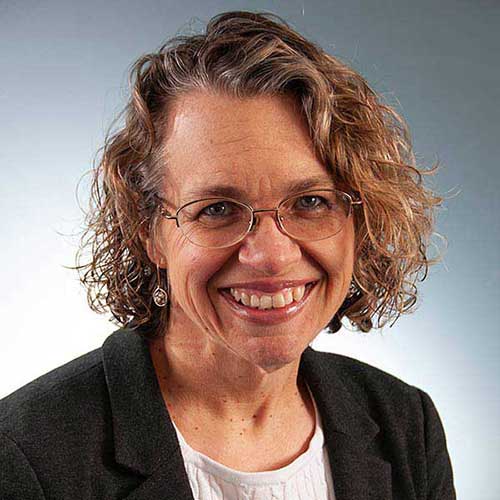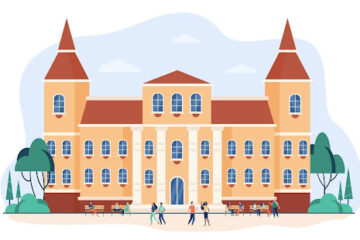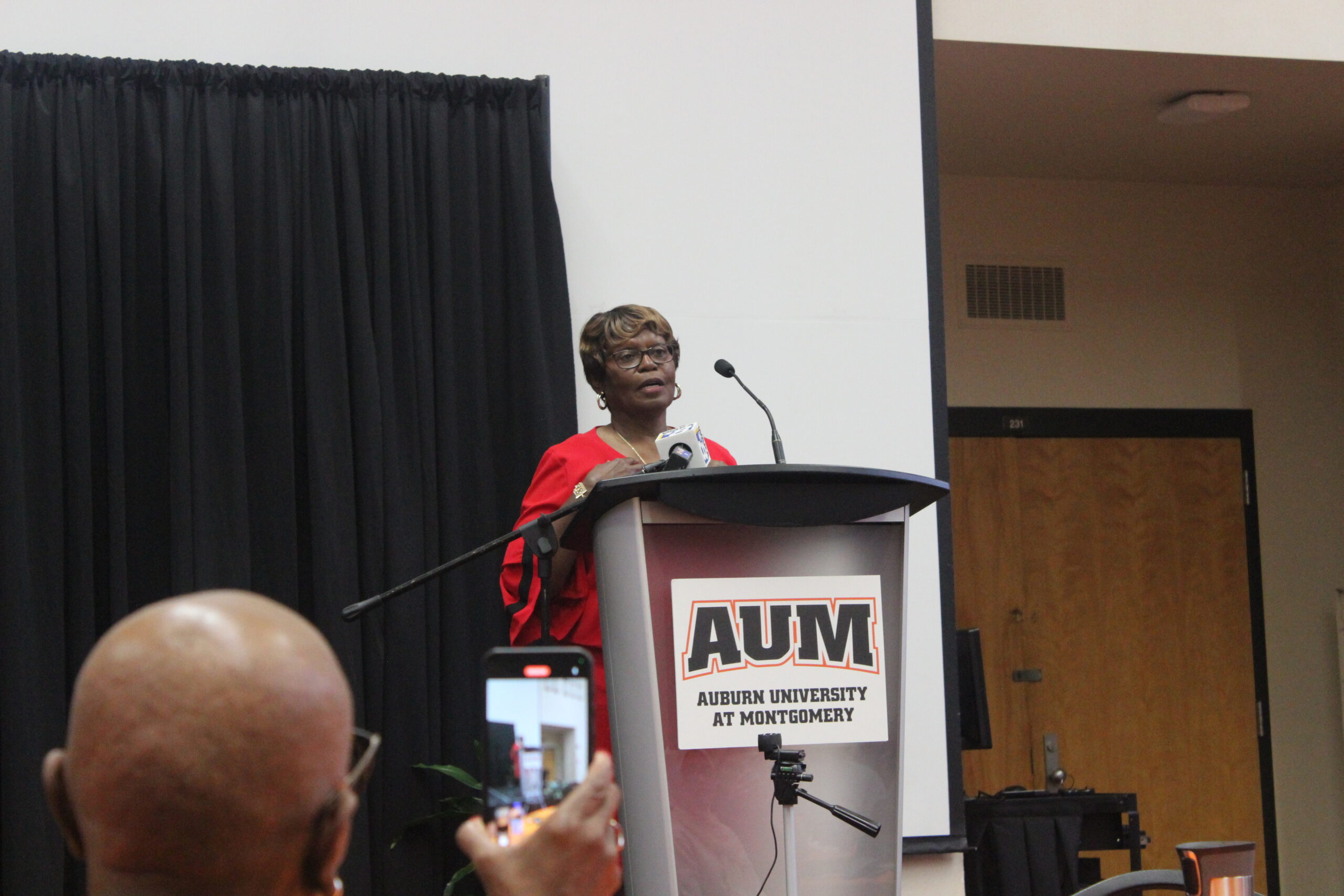Associate Professor and Department chair, Kimberly Pyszka, is shown in her faculty profile. (Courtesy of AUM’s website)
Associate Professor of Anthropology, Kimberly Pyszka shares her story.
By: Anna Grace Tompkins
MONTGOMERY, Ala. — Auburn University at Montgomery’s own Kimberly Pyszka
talks about her academic career and gives us a look into landscape archaeology, as well as
sharing fun stories about Anthropology as a whole and talks environmental challenges that go
along with her profession.
Pyszka wears many hats, she is the department chair of sociology, anthropology and
social work, as well as an associate professor at AUM and a published author. Pyszka teaches
many anthropology-based classes here at AUM and has also taught at the College of Charleston
in Charleston, South Carolina. She is passionate and loves to help her students and educate them
on the many aspects of Anthropology.
Anthropology is described as the study of human societies and cultures and their
development. The definition of archaeology is like that of anthropology but is described as the
excavation of sites and the analysis of artifacts and other physical remains. The two go hand in
hand with each other and are important to the contribution of the world’s history. In an interview
with Pyszka she was asked about her career and the importance people like her make to those
around them, she offered inciteful feedback.
“It is kind of a funny story” she said after being asked how she first got into
anthropology. “I had no clue what anthropology was until I took my first class in it” the only
reason she took an intro to anthropology class was because she was transferring to the College of
Charleston soon before the start of the spring semester. She went on to say, there were limited
classes open, and her advisor suggested that she take the intro to anthropology class to fill her
social sciences credit.
After looking up what anthropology was and finding out it was about archeology, she
thought it would be a fun class to take. “With in six weeks I was hooked” she exclaimed. What is
anthropology is a commonly asked question amongst students, to that Pyszka said, “Do not
worry I was there to.” Now, years later she has turned that interest into a wonderful career.
Her focus is on landscape archeology. Asking what led her to focus mainly on that
specific area, she stated, “I was working at the site of an old church that was completely
underground and most of the artifacts we were finding were of architectural nature, bricks, nails
and window glass”. She remembers struggling with what she was going to say about the people
who were in this church. After talking to her advisor, she realized the building itself is an artifact. “I realized that needed to be my focus, I don’t have a lot of things the people were using on an
everyday basis”, Pyszka stated the importance of the building itself and how it can tell you something more about the people. Information on the church site and various other sites in
Charleston and work done with the College of Charleston can be found at Lowcountry digital
history initiative.com, an academic research site that Pyszka created with another archeologist
from the College of Charleston.

When asked what her most memorable moment in her career was, she expressed with
cheer that she has many memorable moments, and it was hard to narrow those down. But she
narrowed it down to one, when she was helping the College of Charleston with a field school in
2004 or 2005, working with the Charleston Museum at a plantation site mainly finding 19
century artifacts. “This group of students I was supervising found a spear head” she noted she
was puzzled by the find and got reassurance from another archaeologist. She told her students it
was a Dalton point, and they asked how old it was, “Mammoths were still walking around when this was made” one of the other archaeologists she was working with exclaimed. She expressed
the joy and excitement it brought her to be holding something from so long ago that was found at
a site she was a part of.
Pyszka was asked what specific environmental challenges she has faced as a landscape
archaeologist. Most of her research has been in the low country of South Carolina, a marshy
area. She paused in thought and said “Tides, storm surges and hurricanes”, Her primary work site
is along one of the tidal rivers, high water has been a very prominent issue she has experienced.
“Struggling to get done because there is a tropical storm coming in” the sites will be washed
away, they must sometimes work 12 hour days to get done to preserve the sites. Like the current
tropical storm Helene that is affecting the coasts of Florida and Georgia currently and will likely
affect some parts of South Carolina as well with its powerful impact.
Climate change affects archaeology, in the Arctic where permafrost is melting and
uncovering artifacts and leaving them exposed to threat and destruction. Pyszka stated, “A lot of
archaeologist study climate change.” In an article published on Sept. 25 by the New York Times,
David Gelles reported, “Electricity demand is spiking, thanks to artificial intelligence and a new
generation of energy-hungry data centers.” This is causing the rise of planet warming emissions
due to the world’s greed for electricity, Gelles said. As the population and businesses grow, more
electricity will be used and being produced by coal, oil and gas creating more carbon emissions
into the atmosphere worsening overall climate change in the years to come, he added.
Another environmental challenge archaeologists face is deforestation, which is the
clearing out of large areas of trees. Pyszka was asked about this issue and stated its importance
because it can destroy undiscovered sites. She shared a personal connection with this problem.
At one site her and her team were working at, they had to make some phone calls and say, “No they are too close to our site.” She explained there were loggers near one of her primary sites in
Charleston and they posed a threat of destroying not only the site itself but all the hard work her
and her team had done. Deforestation not only poses a threat to archeologists but causes many
other problems as well, also intensifying climate change. According to an article published this
year by Reuters, Jake Springs stated how in the Amazon rain forests, trees absorb vast amounts
of carbon dioxide and convert it into oxygen. When the trees are destroyed increased amounts of
carbon dioxide are left in the atmosphere increasing the effects of global warming.

Photo taken by Anna Grace Tompkins
At the end of the interview, Pyszka was asked to share a fun fact about herself as an
archaeologist. She immediately thought about her past students rather than about herself. “I have
past students working in Hawaii, Ireland, Portugal, and Turkey”. She thought that was a “pretty cool fact.” She has students from both AUM and the College of Charleston working currently
around the United States.
She was also asked about her role as a department chair at AUM. She said she had always
thought that her career in academia would lead her to this point. She always pictured herself in
that role. The opportunity presented itself in 2018 “sooner than I expected” she stated excitedly,
and she decided to “throw my hat in the ring”, she got the role, she is now in her seventh year in
the role and enjoys it daily.
She closed by explaining that as a professor you impact the lives of your students but
with the role of department chair, “I feel like I am impacting their lives and their futures even if
they are not in my classroom.”




